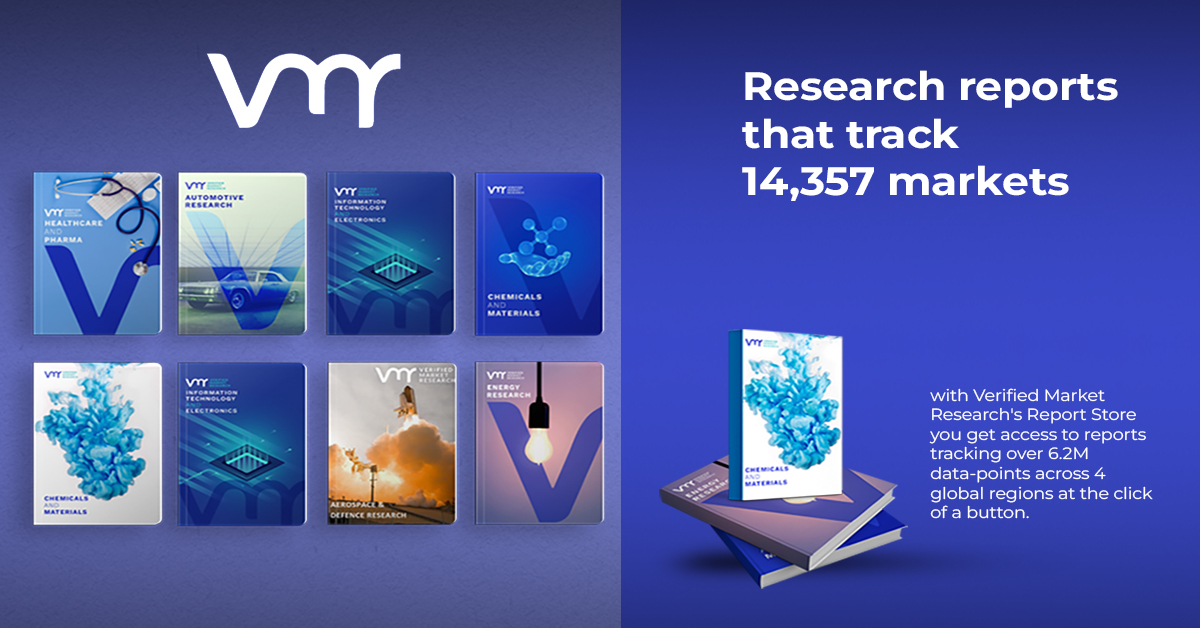The Evolving Landscape of the Non-Photo Personalized Gifts Market: Key Developments and Trends
In recent years, the non-photo personalized gifts market has witnessed remarkable growth, driven by consumers’ desire for unique, meaningful presents that convey a personal touch without relying on photographs. This article delves into the latest key developments within this vibrant sector, exploring emerging trends, consumer preferences, and the challenges and opportunities that lie ahead.
A Growing Demand for Unique Gifts
The surge in demand for personalized gifts stems from a fundamental shift in consumer behavior. Today’s shoppers increasingly prioritize individuality and authenticity over mass-produced items. According to a recent report from Research and Markets, the personalized gifts market is projected to grow significantly, reaching approximately $38 billion by 2025. This growth is indicative of a broader trend towards customization in various retail sectors.
Shifts in Consumer Preferences
One of the most striking changes in consumer preferences is the inclination towards non-photo personalization. Shoppers are moving away from traditional photo gifts—like mugs and canvases—and are instead seeking items that reflect their personalities or tell a unique story. This trend is particularly prominent among younger consumers, such as Millennials and Gen Z, who value experiences and connections over material goods.
Key Trends in Non-Photo Personalized Gifts
1. Eco-Friendly Personalization
Sustainability is a significant concern for today’s consumers. As a result, the non-photo personalized gifts market is increasingly embracing eco-friendly materials and processes. Brands that offer biodegradable packaging, sustainably sourced materials, or products made from recycled items are gaining traction. For example, companies like Uncommon Goods and Etsy have seen a rise in demand for gifts that not only celebrate individuality but also promote environmental consciousness.
2. DIY and Craft Kits
The DIY trend is also making waves in the non-photo personalized gifts space. Consumers are drawn to craft kits that allow them to create personalized gifts themselves, fostering a sense of accomplishment and creativity. For instance, DIY candle-making kits or custom embroidery sets provide an engaging way to personalize gifts while also enhancing the gifting experience.
3. Subscription Boxes
Subscription boxes offering personalized products have gained immense popularity. These boxes often include curated selections based on the recipient’s preferences, allowing for a delightful surprise every month. Brands like FabFitFun and Birchbox have set the stage for this trend, enabling consumers to send thoughtful, personalized gifts without the hassle of selecting each item individually.
4. Experience-Based Gifts
The shift towards experience over material goods has also influenced the non-photo personalized gifts market. Consumers are increasingly opting for personalized experiences—such as custom cooking classes or unique travel experiences—that create lasting memories rather than traditional physical items. This trend underscores the idea that the best gifts are often those that foster connections and create shared memories.
The Impact of Technology on Personalization
E-commerce and Customization Tools
The rise of e-commerce has revolutionized how personalized gifts are created and purchased. Many online platforms now offer customization tools that allow consumers to tailor products to their liking with just a few clicks. For instance, websites like Zazzle and Vistaprint enable users to select colors, texts, and designs, making the personalization process user-friendly and accessible.
AI and Data Analytics
Artificial Intelligence (AI) is also playing a crucial role in personalizing the shopping experience. Brands are leveraging data analytics to understand consumer preferences better, allowing them to offer tailored recommendations. This technology not only enhances the customer experience but also increases the likelihood of conversion, as shoppers are more inclined to purchase items that resonate with their tastes.
Challenges in the Non-Photo Personalized Gifts Market
Despite the promising growth, the non-photo personalized gifts market faces several challenges. One of the main hurdles is the balance between customization and scalability. As brands strive to offer unique products, maintaining efficient production processes can become increasingly difficult. Smaller businesses, in particular, may struggle to meet demand while providing a high level of personalization.
Competition and Market Saturation
With the growth of the market, competition has intensified. New players are continuously entering the space, making it crucial for established brands to differentiate themselves. Focusing on quality, customer service, and unique offerings is essential for standing out in a crowded marketplace.
Consumer Insights: What Shoppers Want
Understanding consumer insights is key to navigating the non-photo personalized gifts market. Based on discussions on platforms like Reddit and Quora, several themes emerge regarding what shoppers truly value:
- Quality over Quantity: Consumers prefer well-crafted items that stand the test of time. They are willing to invest more in gifts that reflect their care and consideration for the recipient.
- Meaningful Connections: Gifts that tell a story or reflect shared experiences tend to resonate more deeply with consumers. Shoppers are increasingly seeking items that evoke emotions and memories.
- Ease of Purchase: A seamless shopping experience, from browsing to checkout, is paramount. Consumers appreciate brands that offer intuitive interfaces and efficient delivery options.
The non-photo personalized gifts market is positioned for continued growth, driven by evolving consumer preferences, technological advancements, and a heightened focus on sustainability and experiences. As brands navigate this dynamic landscape, understanding consumer insights and addressing challenges will be crucial for success.
By embracing innovation and remaining attuned to the desires of today’s shoppers, businesses can not only thrive in the personalized gifts sector but also contribute to a marketplace that celebrates individuality and meaningful connections. Whether through eco-friendly options, DIY kits, or personalized experiences, the future of gifting is undeniably bright and filled with potential.









